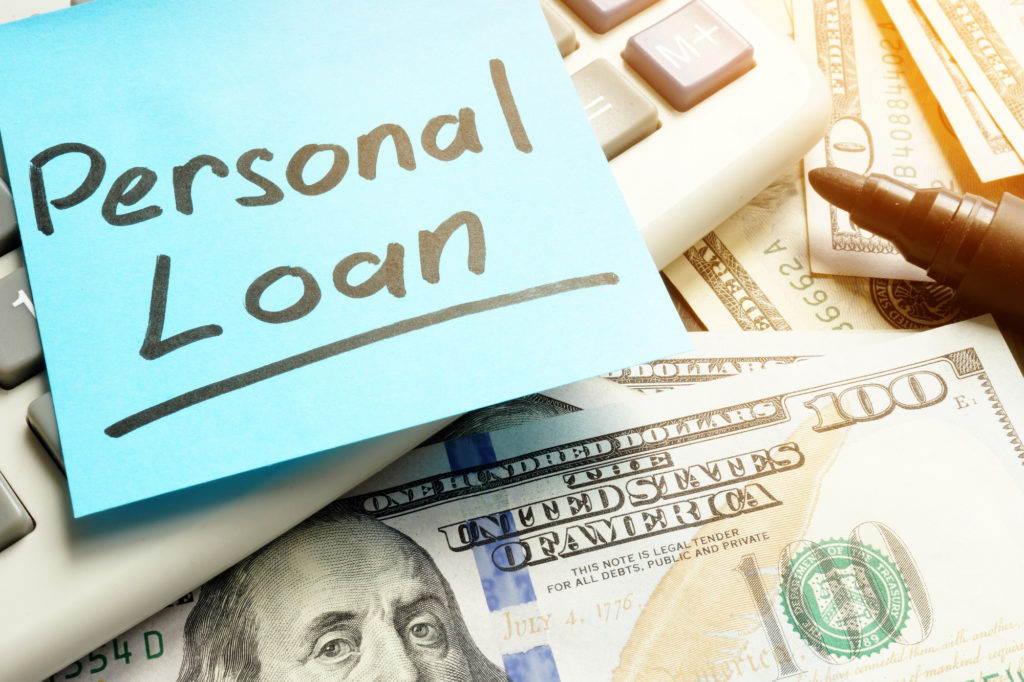
Are you in need of cash to get you through a financial challenge? A few types of personal loans might hold the solution you need.
Over 75 million Americans are experiencing financial hardships. You’re certainly not alone in your financial struggle – and there are a lot of ways to get help. Personal loans can help you get your finances back on track and turn your fortunes around.
Wondering which types of personal loans might be right for you? With so many different options, it can be hard to see which choice to make. In this guide, we’ll break down what you need to know about some of the most common types of loans, so you can make the best choice. Keep reading to find out how to take control of your finances!
Secured and Unsecured Loans
The first choice you’ll need to make in deciding on a personal loan is whether it’s secured or unsecured. A secured loan has collateral, while an unsecured loan has none.
When the loan involves collateral, you’ll use something that you already own to guarantee that you’re going to repay the loan. If you fall too far behind on your loan payments, your lender will take the collateral from you.
One of the most common types of secured personal loans is a title loan. With a title loan, you use the title of your car as collateral. If you don’t repay the loan, your lender will repossess your car.
This collateral guarantees the amount of the loan, so lender’s face less risk that a borrower is going to default. Since the risk for lenders is lower, the credit requirements for secured personal loans tend to be lower. These loans also generally have lower rates than unsecured loans.
Unsecured loans are loans without collateral. These loans are riskier for lenders, and they often have higher interest rates and stricter lending rules to offset the risk.
Which One to Choose
If you don’t have good credit, a secured personal loan will be easier to get. If you want to save on paying back interest, a secured loan is also a better choice.
However, an unsecured loan doesn’t require you to put any of your own assets on the line. You won’t get anything repossessed if you default on your loan.
Variable Rate and Fixed Rate Loans
Each one of these types of personal loans comes with an interest rate, which shows how much you’ll need to pay for the money you’ve borrowed. The interest on personal loans breaks down into two types: fixed or variable.
Fixed-rate personal loans involve interest rates that stay the same throughout the lifespan of the loan. Lenders aren’t allowed to raise the interest rate at any point for a fixed-rate loan. You’ll always know what rate you’ll have to pay, which makes it easy to plan ahead for monthly payments.
With variable-rate loans, though, the interest rate can change according to the credit market. When interest rates for lenders and banks go up, the variable rate of your personal loan will also go up.
When this interest rate goes up, so do your monthly payments, and the amount of interest you’ll have to pay in total. However, these loans typically start out with lower rates than fixed-rate loans.
Which One to Choose
If you’d prefer always knowing how much you’re going to pay, a fixed-rate loan is right for you. This helps keep you safe from fluctuations in interest rates. If you’re looking at a loan with a long repayment period, this might be especially important.
However, you’ll save money at first if you get a variable-rate loan that begins at a lower rate. If you’re only taking out a small amount, or if you’re going to pay the loan off early, a variable-rate loan might be the wiser choice.
Installment and Single-Payment Loans
If you get an installment personal loan, you’ll get the money in a single lump sum and then repay it in monthly installment (or installments over a different regular period of time). You generally pay less interest with this loan, since the principal amount goes down with every payment you make. As the amount goes down, so does the interest you pay.
With a single-payment personal loan, you’ll have to repay the loan and all the interest in the form of a lump sum on a certain future date. These loans are also referred to as single-payment notes.
These loans are less common than installment loans, so you’ll have a harder time finding a direct lender if you want a single-payment loan.
Which One to Choose
Single-payment loans are the right move only if you’re certain that you’ll be able to repay the full amount plus interest when the loan is mature. If you know you’ll get a large amount of money at some future point, and just need funds until then, this can be a good choice.
However, installment loans are much more common and are usually easier to repay. You’ll be able to plan ahead for a monthly payment that you can manage. You can typically make extra payments or early payments to pay the loan off faster. This gives you more flexible options for repaying your loan on your schedule.
How These Types of Personal Loans Can Help You
The right types of personal loans depend on your precise needs and financial situation. However, no matter where you’re at financially, there is a personal loan that can help you.
For the most part, it’s best to avoid certain types of loans, such as payday loans, which have huge interest rates and short repayment loans. But all of the personal loans mentioned here can be useful in the right situations. The most important thing is finding a loan with payments that you know you can keep up with, since the penalties for failing to repay a loan are harsh.
Your finances might be tight, but that doesn’t mean you have to sacrifice your quality of life. Personal loans can help. For more tips on how to save money, check out our guide to giving gifts without breaking the bank.


One Comment
Leave a Reply